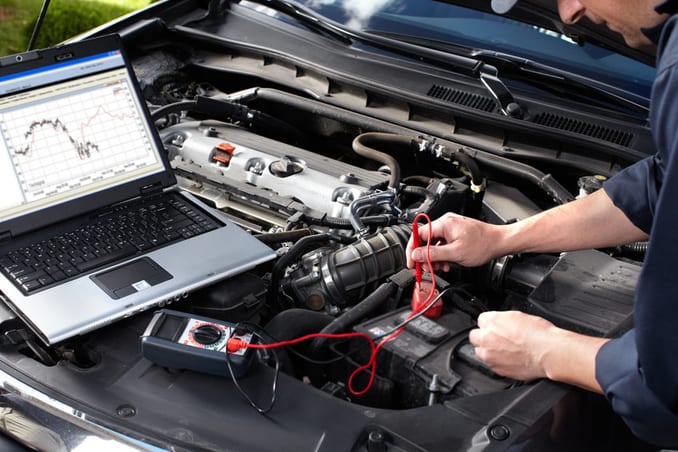Imagine this scenario: your car breaks down and needs urgent repairs. The mechanic suggests replacing the transmission, which is a significant expense. Should you go ahead with the repair or consider buying a new vehicle instead? Deciding whether to repair or replace your car is never easy. There are numerous factors to consider, including financial implications, emotional attachment, and the overall condition of your vehicle. Here are some thoughts to help guide you through this tough decision-making process. When deciding whether to repair or replace your car, it's essential to weigh several key considerations. Some of the factors you might want to think about include: If you decide to proceed with the repair, it’s vital to ensure that the work is done by a trustworthy mechanic or auto shop. Quality repairs can extend the life of your vehicle and save you money in the long term. On the other hand, if the repair costs exceed a certain threshold relative to the car's value, it might be more prudent to consider purchasing a new vehicle. While some repairs can breathe new life into your car, others may not be worth the investment. Here are a few examples of costly repairs that might not justify the expense: These types of repairs can quickly drain your wallet and may not significantly improve the car's longevity or functionality. Before committing to such expenses, it’s wise to evaluate whether the repair will add genuine value to your vehicle. Avoiding the “repair or replace†conundrum starts with proactive maintenance. Regular servicing can help catch minor issues before they escalate into major problems. Here are some practical steps you can take to keep your car running smoothly: By staying on top of these basics, you can significantly reduce the likelihood of unexpected breakdowns and costly repairs down the road. When it comes to auto repairs, having confidence in your mechanic is paramount. A reputable shop will provide transparent pricing and detailed explanations of the work being performed. They should also offer warranties on parts and labor, giving you peace of mind. At [Your Auto Shop Name], we pride ourselves on delivering honest, dependable service. Our team of certified technicians uses advanced diagnostic tools to identify problems accurately and recommends solutions tailored to your needs. Whether you're due for routine maintenance or facing a major repair, we’re here to help. Book Appointment A: Routine maintenance typically involves tasks like oil changes, tire rotations, brake inspections, and fluid checks. Auto repair covers more extensive services such as engine diagnostics, transmission repairs, and suspension work. A good mechanic will assess your vehicle's unique needs and recommend appropriate actions based on its age, mileage, and condition. A: Warning signs like unusual noises, strange smells, warning lights on the dashboard, sluggish performance, and difficulty starting can indicate a problem. Pay attention to these cues and consult a professional mechanic promptly to avoid further complications. A: Basic maintenance includes regular oil changes, tire rotations, brake inspections, and fluid checks. Check your owner’s manual for specific recommendations tailored to your vehicle's make and model. Additionally, filter replacements and battery checks should be performed according to the manufacturer's guidelines. A: Diagnosing car problems requires specialized tools and expertise. Bring your vehicle to a qualified mechanic who can use diagnostic equipment to pinpoint the issue. They may also conduct a visual inspection to identify visible signs of wear or damage.Investing in Auto Repairs: Deciding Whether It's Worth It

Repairing vs. Replacing: Factors to Consider
Major Repairs That May Not Be Worth It
Proactive Maintenance: Your Best Bet
Choosing the Right Mechanic
Frequently Asked Questions
Q: What does maintenance and auto repair include?
Q: How do you know when to repair your car?
Q: What car maintenance do I actually need?
Q: How do I know exactly what's wrong with my car?
180 Degrees Elbow,pipe fittings,pipe,fitting
Jiangyin Senoy Trade Co.,LTD , https://www.senoyflange.com